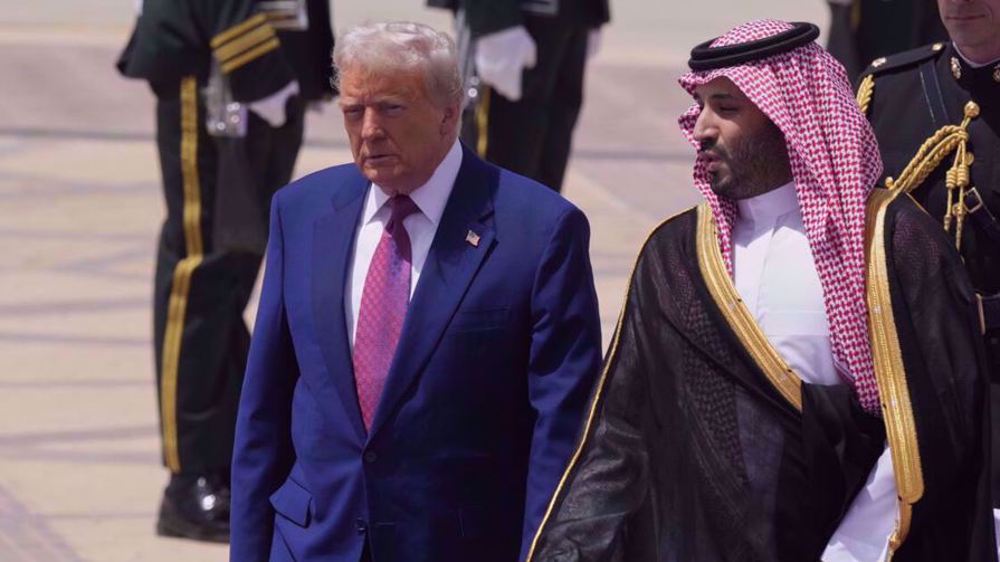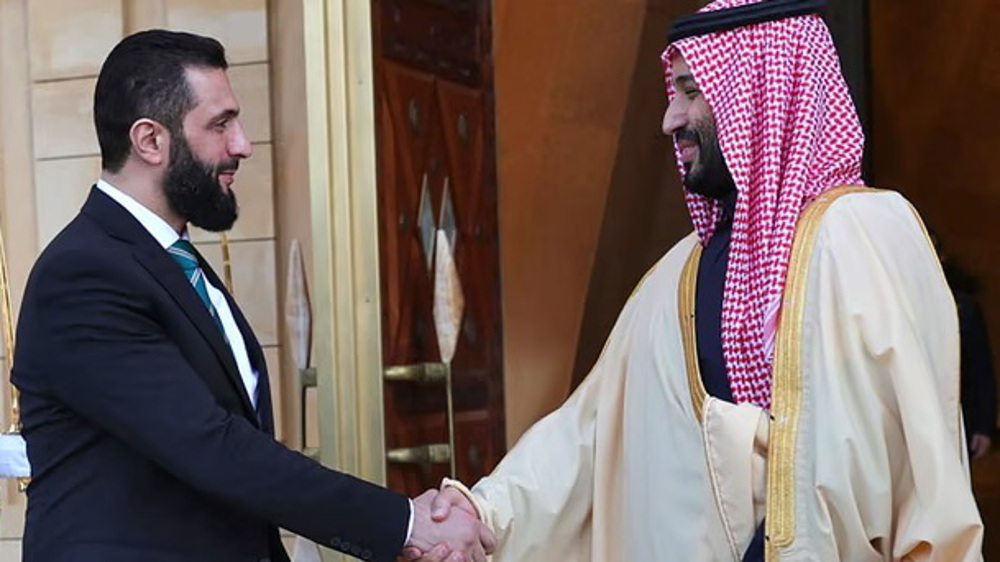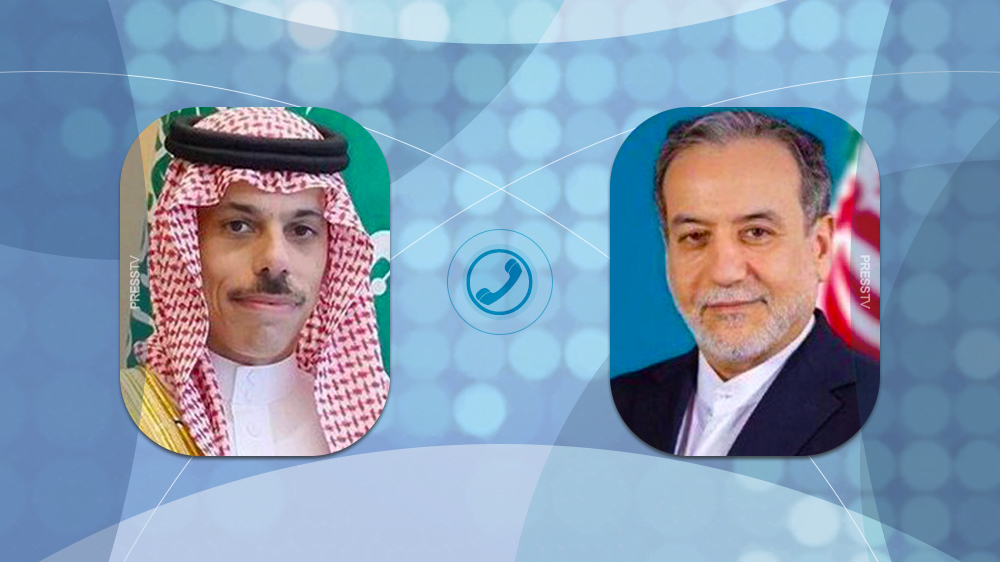UN urges Australia to take in fleeing Saudi girl as refugee
The United Nations refugee agency says it considers a Saudi woman feeling her family and seeking asylum in Australia to be a legitimate refugee, urging Canberra to give her a humanitarian visa.
The Department of Home Affairs in Australia confirmed the decision by the United Nations High Commissioner for Refugees (UNHCR) in a statement on Wednesday.
“The UNHCR has referred Ms Rahaf Mohammed Al-Qunun to Australia for consideration for refugee resettlement,” the department said.
Canberra has hinted that it will likely grant her asylum.
“If she is found to be a refugee, then we will give very, very, very serious consideration to a humanitarian visa,” Health Minister Greg Hunt had said earlier.
I’m very interested to hear from Minister Dutton if this is correct or not? I’ve seen Rahaf’s Australian visa which was valid - but yesterday when she was trying to log into her immigration online profile that appeared to no longer be working? Keen to hear more from the Minister https://t.co/5f0gNhZyQR
— Sophie McNeill (@Sophiemcneill) January 8, 2019
The 18-year-old arrived in Thailand Sunday on a flight from Kuwait, where she managed to run away from her family, who she says subjected her to physical and psychological abuse.
Qunun, however, was stopped by Saudi and Kuwaiti immigration officials during transit at Bangkok International Airport.
She then barricaded herself in a hotel room at the airport as Thai authorities were trying to hand her over to her family.
Thai officials took away her passport, but she used her smartphone to attract international attention to her situation, forcing Bangkok to drop the plan to deport her and place her, instead, under UNHCR protection.
Video footage posted on Twitter by a Saudi human rights activist, meanwhile, appeared to show a Saudi official complaining that Thai authorities should have confiscated her smartphone.
“When she arrived, she opened a new (Twitter) account and her followers grew to 45,000 in one day,” he said in Arabic. “It would have been better if they had confiscated her mobile instead of her passport.”
The Saudi kingdom subjects females to strictly-enforced laws, which prevent them from taking key decisions without the permission of male “guardians.”
Among other things, these restrictions force women to be accompanied on their trips by a guardian, typically their fathers, brothers, husbands or uncles.
Over the past year, Riyadh has made attempts to improve its international image through a number of reforms enabling women to vote in certain elections and allowing them to drive.
International rights bodies, though, have rejected the reforms as only “cosmetic,” saying the country continues to trample on women’s rights. They have cited the kingdom’s arrest and continued detention of several prominent female rights campaigners at the same time that it was about to lift the driving ban last year.
Iran Armed Forces warn US of severe consequences for any aggression
VIDEO | Iran, US move ‘closer to agreement’ after ‘serious, longest’ round of talks: FM
Israeli army chief privately warns of cost of new war with Iran: Report
IRGC official: US buildup, psychological tactics aim to 'swallow Iran again'
Iran’s three-man team captures triple gold at UWW ranking series in Tirana
Iranian academic sentenced to 4 years in prison in France for supporting Palestine
VIDEO | Press TV's news headlines
Russia: West seeks to repeat past ‘plunder’ of Iran’s oil














 This makes it easy to access the Press TV website
This makes it easy to access the Press TV website